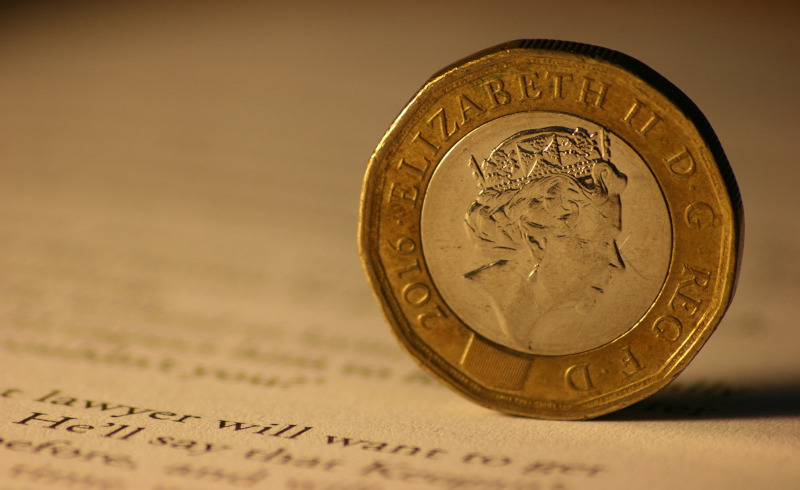
In response to rising inflation, the Bank of England has been increasing the Base Rate and in November 2022 this rose to 3%. As a result, savings rates have been increasing steadily, and are now at the highest levels for more than a decade.
National Savings & Investments (NS&I) currently offer an interest rate of 1.80% pa gross on both its Income Bonds and Direct Saver. The annual equivalent prize rate of the Premium Bonds also increased to 2.20% pa, if you are averagely lucky, but there is no guarantee you will achieve this return.
The best instant access rate available is now around 2.8% pa gross variable.
Fixed rate accounts have also increased: 1-year fixed rate 4.35%; 2 years 4.70%; 3 years 4.75%; 4 years 4.80%; 5 years 4.95%.
Under current legislation, each individual has a starting rate for savings of £5,000, however, as your earnings increase above the personal allowance (currently £12,570 pa) this reduces by £1 for every £1 earned above this. Therefore, once your earnings are above £17,570, you have no starting rate for savings.
As well as the starting rate for savings, there is also a Personal Savings Allowance (PSA) which lets you earn a certain amount of interest from your savings tax free. Depending on the Income Tax band your income falls under, the PSA is a different amount. Basic rate taxpayers can then earn £1,000 of savings interest each tax year without paying tax, whereas higher rate taxpayers can earn £500 of interest tax free. Additional rate taxpayers have no PSA.
With interest rates increasing, the amount of interest you receive will increase, which may result in your total interest exceeding your PSA. It is therefore important to check the level of interest you are receiving, as if you expect to exceed this, ensuring you use your ISA allowance may be beneficial. Placing savings into a Cash ISA means that interest is earned tax free, so even if the interest rate is slightly lower than what is offered in an easy access account you could be earning a higher level of interest.
If the interest you earn exceeds your personal savings allowance, HMRC will collect the tax you owe through pay-as-you-earn (PAYE) if you are taxed this way. This is done automatically, and you might notice that your tax code changes.
As part of our ongoing service, we ensure our clients ISA allowances are used appropriately each year, whether this be within Stocks & Shares ISAs or Cash ISAs.
If you would like to discuss the above, please do not hesitate to contact a member of our team.